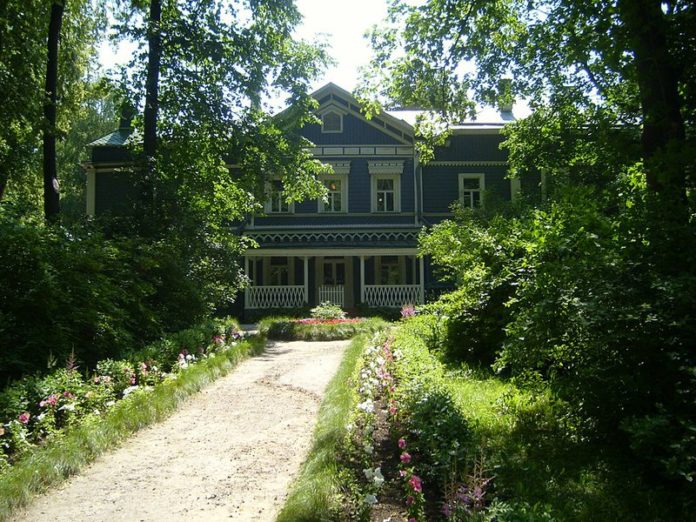openDemocracy: How did you come up with the idea for your collection and museum?
Pyotr Voskresensky: I am not a professional historian, but I have been interested in history all my life. One day I thought: why not make a historical tour of LGBT places in St Petersburg? For many years now I have been conducting these excursions, studying documents, articles and memoirs.
Then, I came across a mention of a real LGBT museum on one of St Petersburg’s streets back in the 19th century. The owner collected items that were considered artefacts of gay subculture at the time [figurines, paintings, engravings]. Unfortunately, the sources do not specify who the owner of the museum was, nor where it was located.
There were many of these items. Some have collected them. However, later these collections were usually destroyed – either by relatives who were afraid to bring disgrace to the family and memory of the deceased, or by the owners themselves when the era of repressions arrived [primarily in the Stalin years, when many LGBTIQ people became victims of the purges].
Another important episode for me was visiting the Tchaikovsky Museum in Klin [a town north of Moscow]. The museum was set up by his brother, Modest, who, like Tchaikovsky himself, was gay. Modest did not allow his other relatives to destroy Tchaikovsky’s archive, which had unambiguous references to his homosexuality, but, of course, he cleaned the estate [of items that could reveal his brother’s sexuality].

Tchaikovsky House Museum, Klin
|
CC BY-SA 3.0 SiefkinDR / Wikimedia. Some rights reserved
However, Modest Tchaikovsky did build a small room for himself. And its ‘homosexual’ interior was preserved, which simply struck me. Modest Tchaikovsky was a lover of trinkets. Among other things, he collected many male images, which clearly speak of the predilections of the owner of the office.
This gave me the idea that such things are on sale. I started looking for them at flea markets, online sites and antique stores. I was lucky: for relatively little money (and sometimes frankly pennies) I managed to buy a number of collectable items that I can be proud of.
oD: What is Russia’s LGBT history and who works on it in the country?
PV: When the processes of emancipation [around the world] began in the 20th century (decolonial, labour, feminist and so on), many new areas of historical science were born. In the 1980s, LGBT history also began to come to light, including Russia’s.








